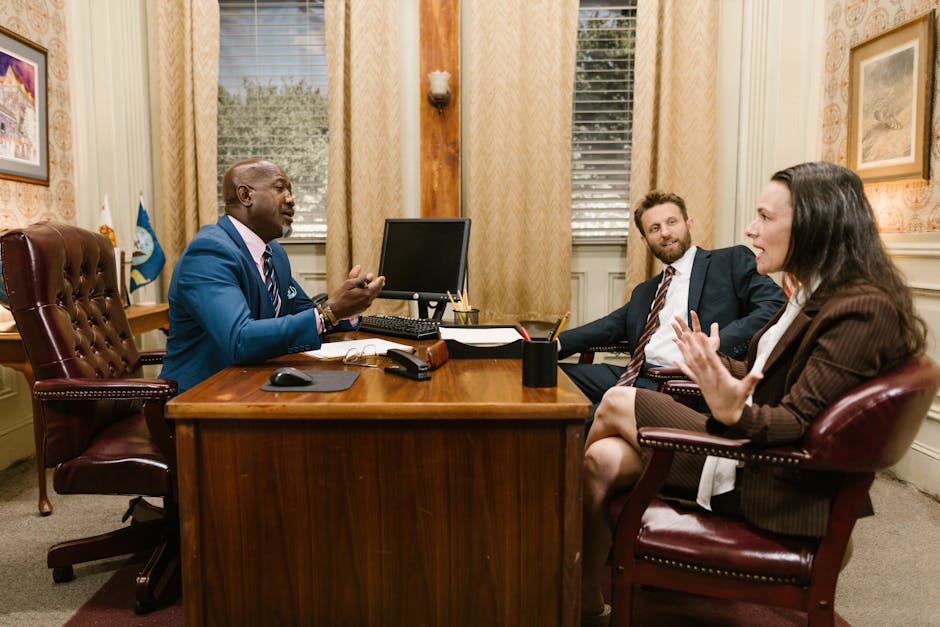The concept of justice, a cornerstone of civilized societies, hinges on the principle of equal access. A system where all individuals, regardless of their socioeconomic status, background, or location, can seek redress for grievances and have their rights upheld is a fundamental aspiration. But is access to justice a truly universal human right, or a concept fraught with practical and philosophical complexities? This exploration delves into the multifaceted nature of this crucial legal and societal issue.
A compelling argument for access to justice as a universal right rests on the inherent dignity and worth of each human being. International human rights instruments, like the Universal Declaration of Human Rights, explicitly recognize the right to a fair trial and access to legal remedies. This recognition stems from the understanding that without a robust judicial system accessible to all, vulnerable groups are disproportionately harmed, marginalized, and their rights violated with impunity. This inherent unfairness is precisely what universal access to justice aims to counter. The premise is simple: all individuals deserve a chance to voice their concerns, seek redress, and have their day in court.
However, translating this principle into practice reveals significant challenges. Many jurisdictions, even those theoretically committed to the ideal of universal access, struggle with substantial practical impediments. Geographical limitations, language barriers, and cultural differences often pose formidable obstacles. Furthermore, economic disparities create a chasm between the haves and the have-nots. The cost of legal representation, court fees, and the time commitment required for navigating complex legal processes can be insurmountable for those lacking financial resources. This financial barrier is particularly acute in systems where legal aid services are underfunded or inaccessible. Consequently, impoverished individuals, often those most in need of justice, are left with few avenues to pursue their claims effectively.
Scrutinizing this issue requires a nuanced understanding of the various facets involved. The concept itself is deeply entrenched in the very structure of legal systems. Formal legal frameworks encompass procedural rules, evidentiary standards, and court structures. These frameworks, though aimed at impartiality, are often laden with complexities that can be intimidating and ultimately inaccessible to those without legal expertise. This complexity is amplified by the intricate, often convoluted, processes involved in filing and pursuing legal claims. This process can feel daunting and, at times, actively hostile.
Furthermore, the right to access justice must be viewed through the lens of cultural and social realities. Customary laws and indigenous legal systems, for example, have historically coexisted with formal legal frameworks in many communities. Recognizing and integrating these alternative systems can be crucial in achieving truly inclusive access to justice. But there is a significant tension in ensuring that these customary laws are not used to undermine fundamental human rights. Navigating the intersection of these different legal traditions often necessitates careful consideration and sensitivity.
The role of legal aid organizations in bridging the access gap cannot be understated. These organizations play a vital role in providing crucial support to vulnerable individuals and communities. By offering free or low-cost legal services, they can assist individuals in navigating the complexities of the legal system and ensuring their voices are heard. However, even the most well-intentioned programs face challenges in terms of funding and capacity. The need often far outstrips the available resources, highlighting the ongoing struggle to achieve equitable access to justice for all.
Beyond the practical difficulties, theoretical debates also complicate the issue. Philosophers and legal scholars debate the precise scope of this right. Should the state be solely responsible for guaranteeing access to justice, or should individuals bear some responsibility for pursuing their claims? There is also a concern over defining the very nature of a “fair hearing.” Does fairness imply equal representation before a tribunal or a more nuanced interpretation that factors in cultural and societal contexts? Such debates underscore the complexities and contradictions inherent in striving for universal access.
In conclusion, while the aspiration to ensure universal access to justice remains a laudable goal, achieving it is far more challenging than simply proclaiming it as a fundamental right. The complexities of varying legal systems, financial disparities, cultural nuances, and the sheer practical intricacies of the legal process necessitate ongoing effort and innovative solutions. Focusing solely on legal frameworks, without considering the practical needs of individuals, is insufficient. Sustained efforts, including comprehensive legal aid programs, culturally sensitive interpretations of legal frameworks, and financial support for vulnerable communities, are essential in dismantling the barriers that limit access to justice for too many. The struggle for true universal access is a continuous process demanding unwavering commitment, critical analysis, and pragmatic measures.
